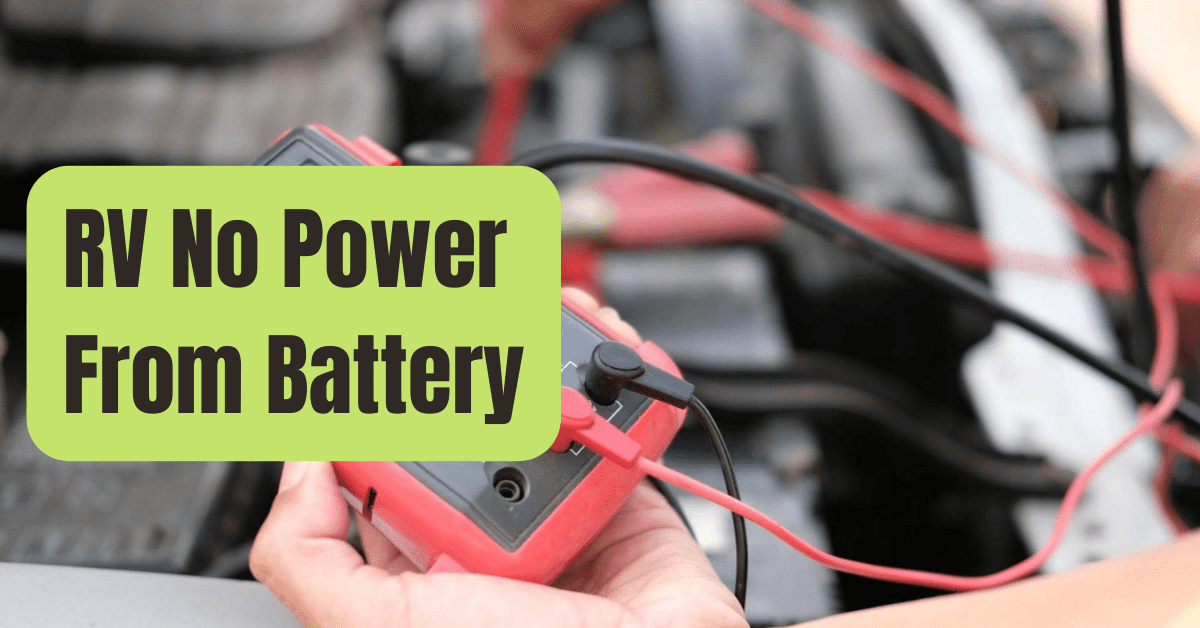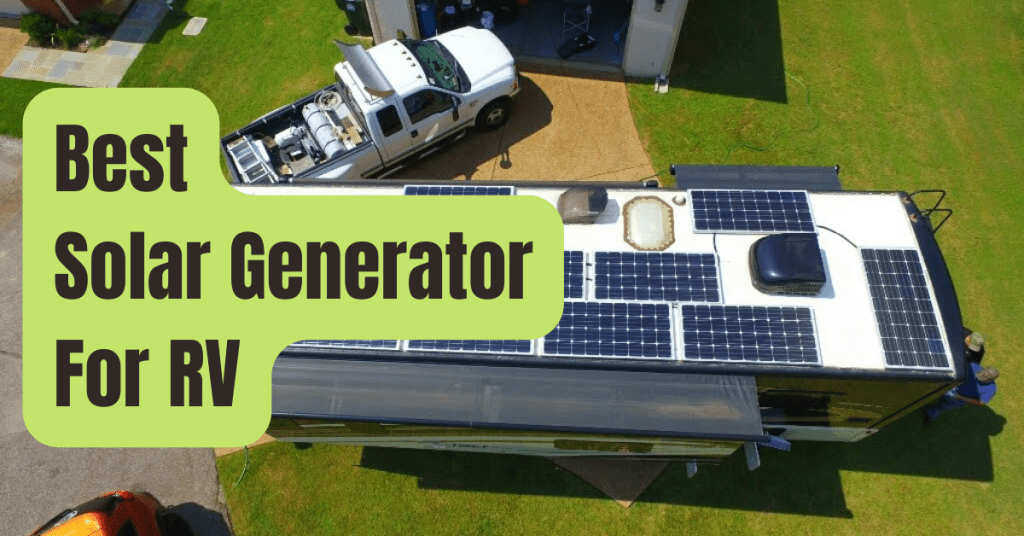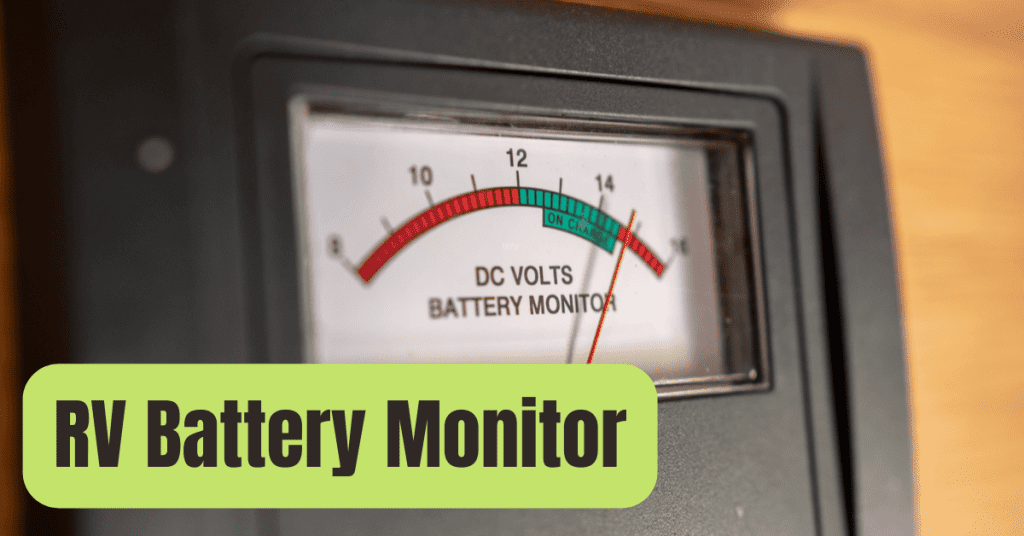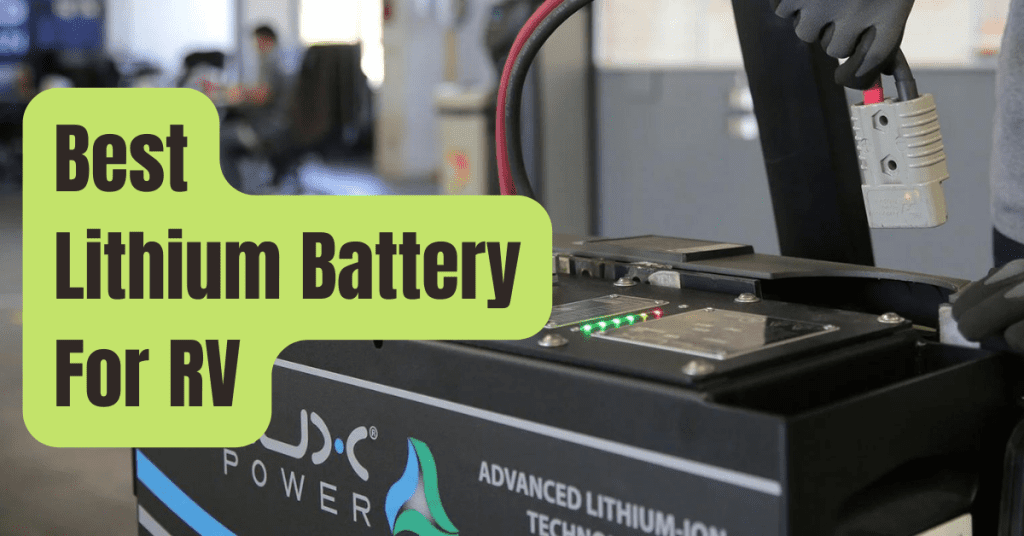Finding out you have no battery power when boondocking is not a pleasant experience.
Lack of electricity may spoil your evening since you’ll have to waste time looking for the solution rather than unwinding from a hard drive.
Being in this circumstance while driving is not enjoyable.
Why is there no electricity in my RV? The breakers tripping on you and needing to be manually reset is the most frequent cause of this issue.
You need to search near the batteries at the tongue of the trailer for this breaker, then reset it.
Continue reading this post to find out why your RV won’t power up while you are using battery power.
It contains the details you need to know in order to quickly find a solution to your problem.
Why Doesn’t My RV Have Power?
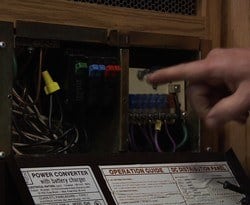
The most typical cause of this issue would be depleted batteries from not remembering to recharge them.
The reverse polarity fuses have burned out, the battery disconnect switch may be in the incorrect position, or there may be a circuit break.
These are additional potential problem causes.
Before you turn to another potential source, each of these needs to be examined.
Then, you need to confirm that you are aware of the distinction between AC-operated and DC-operated devices.
Without being connected to a shoreline system, the AC-operated features will not function.
These features include your microwave, air conditioner, television, or anything else that requires an outlet to function.
Additionally, check your overload current limiters to see if they have been damaged.
If they are, you would need to replace them so you can resume relaxing in your RV while you wait for dinner to be prepared.
If you have no knowledge of electrical systems or electricity, you shouldn’t try to find the source of your electrical issue.
Or, if you detest working with electricity, you should also leave it in the hands of the experts.
RV Battery Charged, But No Power
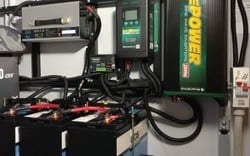
Your power inverter is one of the more challenging sources in this scenario.
Despite the fact that your battery may be charged, the inverter may have a problem that prevents the power from reaching its intended location.
Follow the cable from the battery to the inverter and look for an auto breaker to determine if the problem is with the inverter.
There are two ways to construct these auto breakers, one of which includes a self-resetting feature.
The thermal device would be that.
The other will have a tab that might appear after the breaker trips.
Your inverter will most likely be the source of the issue if the auto breaker is working properly and nothing has tripped.
It is also referred to as the converter by some people.
If you don’t have an auto breaker, the inverter may still be at fault.
Providing your battery is still functional, that is.
Your battery may be fully charged but still be in poor condition.
Finding the inverter, on the other hand, is a another matter.
Though it may not be near to the inverter at all, the auto breaker will be roughly 18 inches from the battery.
You’ll need a skilled technician to repair the inverter if that’s the issue.
RV 12-Volt System Not Working
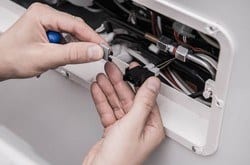
This issue’s straightforward cause is that there could be a circuit short.
Today, the term “short” refers to a shorter circuit.
That indicates that the electricity found another path to travel along, and that new path tripped the breaker.
Finding the location of the short is the issue.
There may be many areas to check on a 12-volt RV system.
Utilizing an LED fuse is one of three techniques to check for the short.
These fuses may still light up even when just a little amount of power is passing through the circuit, therefore they are not completely accurate in spotting the short.
The second approach would be to utilize an outdated tester that has a light bulb attached.
This should make it easier for you to locate the short, although it could still take some time.
The last option would be to use a clamp ammeter, however this instrument has to be able to read both AC and DC power.
There are clamp meters that are designed solely for AC, but they are not the ones you need.
Finding a short involves several steps, and this website may be of assistance.
How Can You Tell If Your RV Converter Is Bad?
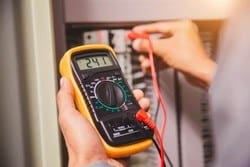
You may tell there is a problem with the converter by looking for certain frequent indicators.
First off, when you see these indicators, the battery won’t be an issue if you have electricity to your appliances, etc.
Your interior lights dimming will be your first clue.
Your appliances not performing as they should might be the second indicator.
If your home batteries are not charging properly, that will be the third indication.
Grab your voltmeter and multimeter as soon as you notice these symptoms.
To ensure that the converter is the problem, use these tools to inspect all of your electrical systems.
Your shore power connection and the DC breaker are the first things to examine.
You have a faulty converter if your RV is not receiving any power.
Additionally, you may check your batteries.
Remove them from your RV after charging them to full capacity.
There is no other way to get a reading that is accurate.
Batteries are damaged if they failed to charge or if there is no power.
If that’s the case, they’ll need to be replaced.
However, if the batteries charged and operated as intended, the converter is faulty.
Once this is established, you must examine each component of the converter to determine which one is the problem.
They are the circuit board, the fuses, the diodes, the resistors, and the fan of the converter.
The 110v power source should also be examined.
To solve the issue, you will typically need to replace the converter entirely.
Exactly How Do I Reset The Power In My RV?
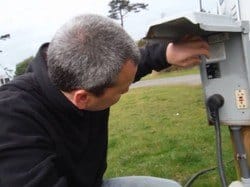
Resetting the power in your RV can be done in a few different ways.
Your RV’s GFCI plugs should be the first thing you check, if it has them.
By pressing a button that your GFCI is equipped with, you must reset them if they have tripped.
The power pole’s breakers must have tripped in some way, so you must check them next.
If so, you will need to turn off the breaker first before turning it back on.
The 110v breakers in your RV will function similarly.
The GFCI outlet, which is typically found in the bathroom, is made to protect you if moisture gets into your RV’s wiring.
When it does, the GFCI breaker will trip, and you simply need to push the button to reset it.
The system will be reset if the moisture is removed, and everything should function normally once more.
The GFCI will trio once more if the issue has not been resolved.
You should check a surge protector as the next item.
Not all RVs have this, so if yours does not, you might need to install one yourself.
When it determines that the electrical conditions are unsafe or unsuitable for your RV’s system, a surge protector will stop you from powering your vehicle.
The damage the surge protector sustains is how it informs you that there was an issue.
The device must be taken out and put back in order to reset.
Finally, if you have one, you should check the generator breaker.
Although the breaker appears to be in plain sight in the generator bay, appearances can be deceiving.
You should be okay if you turn the breaker on and off twice.
Some Typical Power Issues
These problems are likely to have come up for every RVer at some point during their travels.
All individuals who own or rent an RV share these traits.
In most cases, fixing them is also very simple.
1. A malfunctioning microwave
- No display and no functioning – This is often a result of the appliance not having electricity. As it utilizes the same system as your microwave, check your roof-mounted air conditioning unit. If it works, your microwave will be the source of the issue.
Additionally, make sure the converter fuses are turned on.
If not, switch them on.
If the AC does not perform as expected, your battery may be dead or the 120-volt power source may be malfunctioning.
Plug in your microwave last.
It does sometimes happen like this.
- The oven display turns on, but no food is cooked; the microwave has to be repaired or replaced.
2. A broken fridge
- Your appliance’s power supply may not be working properly. Ensure that the refrigerator is on. Check your converter if the microwave’s display is on but the refrigerator’s is off. The fridge breaker might be the source of the issue.
3. AC is not running
- You should examine your power supply since there could be a problem with the electricity going to your air conditioner. Check the converter’s breaker if the microwave is operational. If it isn’t, your 120v supply system could be at fault.
4. Outlets are inoperative
It’s possible that the GFCI breaker tripped when you weren’t looking.
To reset, just press the button.
As your microwave and air conditioner operate when it is tripped, this will only have an impact on the outlets.
The converter breakers should be checked and reset if they have tripped for any reason if the GFCI breaker isn’t the problem.
5. Other concerns with electricity
- Check the pole’s breaker if you’ve connected to the electricity pole at your campground but your RV isn’t receiving power. When not in use, it could have been switched off to safeguard the system.
Check your converter, however, whether those breakers are on and functioning properly.
They could need a reset.
- A rotten egg smell is not usually an issue you will encounter, but you should be aware of it in case it does. The scent is often caused by an overcharged or shorted-out battery. You’ll notice a rotten egg stench when such events occur.
For this issue to be fixed, you may require professional help.
A Quick Safety Tip
A power surge protection device should be thought about purchasing if your RV doesn’t currently have one.
There are other horror tales from other RV owners who mistakenly hooked onto a power pole that was improperly wired at a location.
When they did, their RV sustained significant, costly damage.
These accidents are avoided with surge protectors.
Final Thoughts
Some electrical issues are simple to locate, identify, and then resolve.
You should be able to manage the majority of electrical issues with easily if you don’t mind working with electricity.
If you are, see a professional to ensure the remedy is done correctly.

